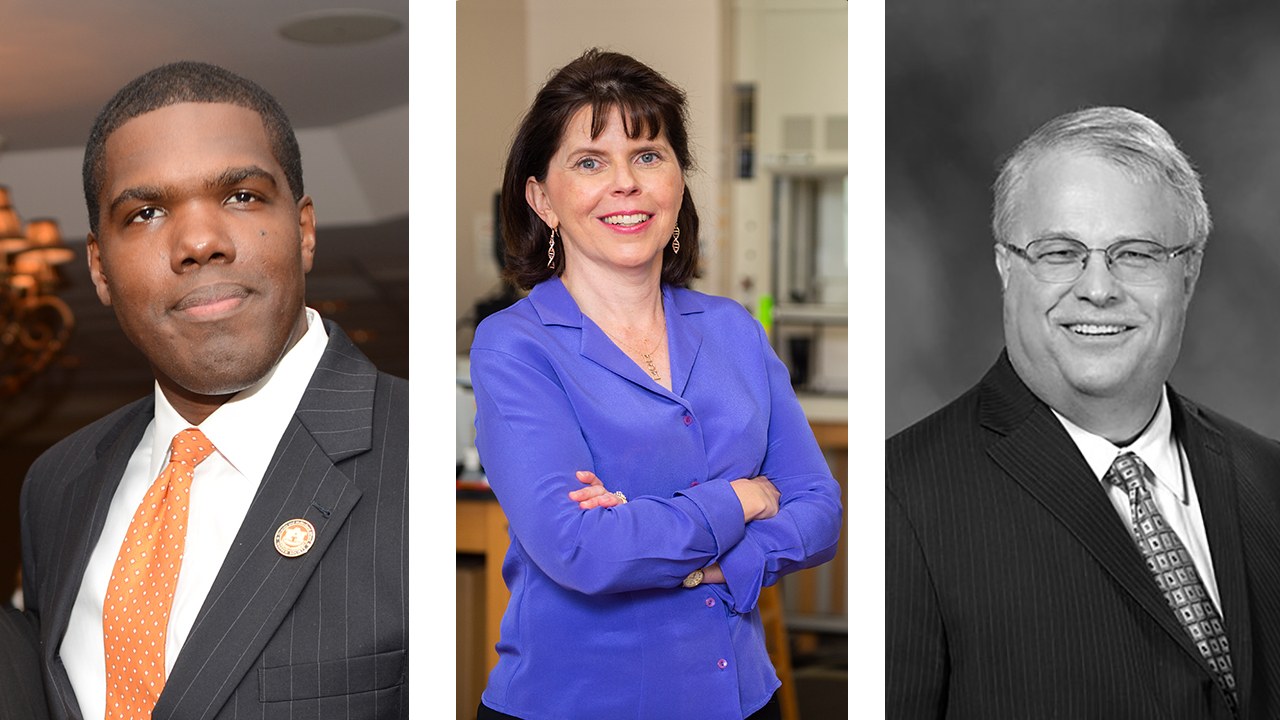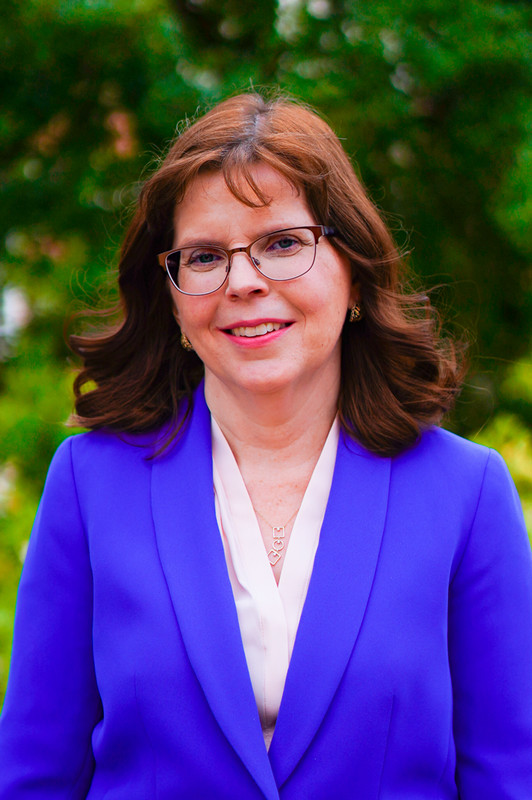Gov. names chemical professor, two engineering alums to AL STEM Council
Published: Oct 7, 2020 4:27 PM
By Cassie Montgomery
Gov. Kay Ivey recently announced the establishment of the Alabama STEM Council to advise state leadership on ways to improve STEM-related education, career awareness and workforce development opportunities across the state. Three individuals named to the council have ties to the Samuel Ginn College of Engineering: Virginia Davis, the Daniel F. and Josephine Breeden Professor of chemical engineering; K-Rob Thomas, ’01 civil engineering and power delivery general manager at Alabama Power; and Tim McCartney, ’80 civil engineering and chair of the Alabama Workforce Council.
“Alabama has continued to grow into an advanced manufacturing, aerospace engineering and cybertechnology center of excellence and as a result, the demand for qualified labor in these sectors has skyrocketed,” Ivey said. “The Alabama STEM Council will play a vital role in ensuring that our state’s future leaders have the opportunity to learn STEM-based skills that will help them transition into successful career pathways upon graduation.”
The STEM workforce in Alabama has played a significant role in the sustained growth and stability of the state’s economy. The council will help ensure that the state can continue to develop an adept workforce prepared to adequately meet growing labor demands of companies that relocate or expand in Alabama.
“The STEM Council will help implement the state STEM Strategic Plan. Many wonderful activities and programs throughout the state have been aimed at increasing STEM interest and literacy,” Davis said. “The STEM Council will provide a focal point for identifying unmet needs and increasing awareness of existing initiatives that are currently scattered across the state. This will facilitate the development of a more diverse STEM workforce.”
Davis highlighted that the goals of the STEM Council closely align with the land grant mission of Auburn University and will help the university better understand current educational and workforce needs, identify opportunities for future engagement and share the successful STEM initiatives that Auburn faculty have developed.
“I am personally most excited that the Council charter emphasizes reaching segments of the population that are historically underrepresented in STEM,” she said. “This is a topic that I and many other faculty and staff at Auburn work on and I am excited to both share ideas from our research and learn about activities from across the state.”
Media Contact: , cmontgomery@auburn.edu, 334.844.3668
From left, K-Rob Thomas, Virginia Davis and Tim McCartney


